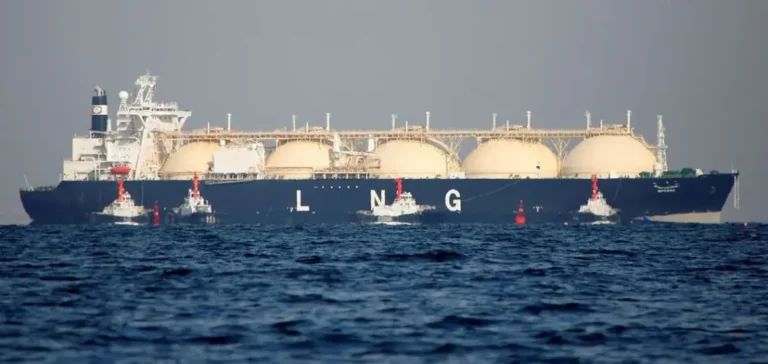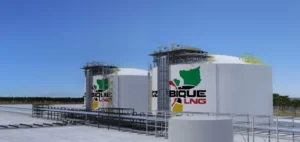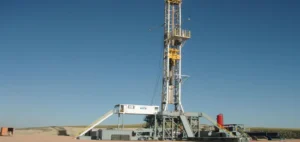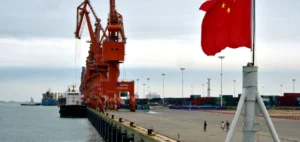Egypt connected 572,000 additional households to its natural gas network during the 2024/2025 fiscal year, according to data from the Ministry of Petroleum and Mineral Resources. This expansion brings the total number of households supplied with gas to 15.5 million, amid growing pressure on local production.
Reinforced infrastructure despite supply constraints
As part of this development policy, 47,500 vehicles were converted to run on compressed natural gas (CNG) over the same period. The state supported this trend by commissioning 34 new refuelling stations and 17 conversion centres across several governorates. These measures aim to expand access to a less expensive fuel for transport operators and private users.
The initiative is part of a broader strategy to reduce reliance on liquid fuels. However, this network expansion policy is being carried out as the country faces a continued decline in its national gas output.
Falling domestic production and increased reliance on imports
Egypt’s current production stands at around 4.1 billion cubic feet per day, a level insufficient to meet growing domestic demand. To offset the shortfall, the government has increased its imports of liquefied natural gas (LNG), directly impacting public finances. This dependency also complicates the settlement of arrears owed to foreign companies, slowing down new investments in the upstream gas sector.
In response, authorities have announced a recovery plan aiming to raise production to 6.6 billion cubic feet per day by 2027. This objective requires increased support for exploration and renewed investments in productive areas.
International partnerships revived to support exploration
A memorandum of understanding was signed in mid-September with British company BP to reinforce the search for new reserves. A few days earlier, four agreements were concluded with Shell, Eni, Arcius Energy and Zarubezhneft, reflecting a renewed interest in partnering with international majors amid a growing energy deficit.
Despite budgetary pressures, Egypt continues to prioritise public investments in gas infrastructure, banking on the long-term impact of this strategy to stabilise energy supply and limit costly imports.






















